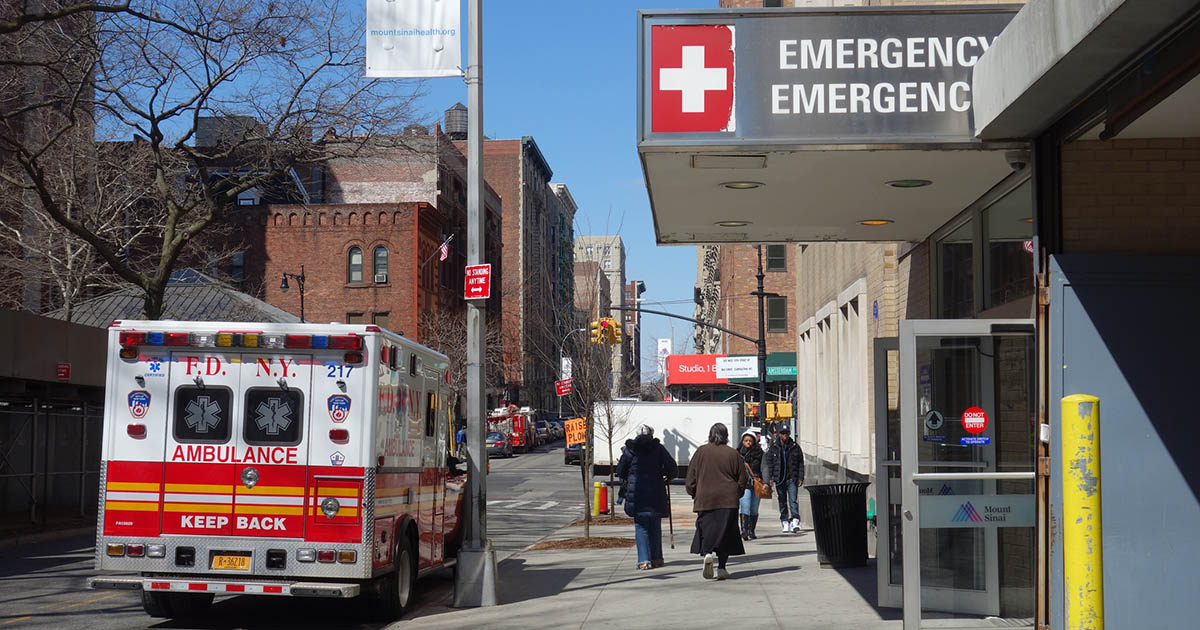How To Treat Hypovolemic Shock
Replace Lost Blood And Other Fluids

What else helps hypovolemic shock is to replace lost blood and other fluids. Coconut water can be used to replace fluids in the body, as it is high in potassium, an electrolyte. If bleeding is severe, the doctor may recommend a blood transfusion. The subject of intravenous therapy for hypovolemic shock has been widely debated, and clinics are still deciding on the use of solutions like crystalloids and colloids as treatments for hypovolemic shock.
Crystalloids consist of salts, minerals, and other water-soluble compounds. The molecules in crystalloids are small enough to pass through semipermeable membranes easily. The main crystalloids are normal saline and lactated Ringer's solution. They range in several types of tonicity which include hypertonic, isotonic, and hypotonic. On the other hand, the molecules in colloids are larger than that of crystalloids so they can't pass through semipermeable molecules. Some colloids are albumin, gelatin dextran, and hetastarch. The solutions fall under two categories, lyophilic or lyophobic. Studies show crystalloids are more effective than colloids at reducing the risk of death in patients with hypovolemic shock.
Get To The Emergency Room

Symptoms of hypovolemic shock tend to be very serious and require immediate medical treatment. When losing a lot of blood, patients should get to the emergency room as quickly as possible. From there, the doctor will decide treatment based on the severity of bleeding. Emergency care may involve using a central venous catheter, which goes into a large vein and allows the doctor to monitor fluids and medications injected into the vein along with your central venous pressure (CVP). Low CVP is considered a sign of hypovolemic shock.
Several medications the doctor can put you on are dopamine and epinephrine. Dopamine is said to help improve blood pressure in those with hypotension. Epinephrine, also named adrenaline, is a hormone naturally produced in the body by medulla of the adrenal glands. Hormones made in the adrenal glands are known as catecholamines. The presence of catecholamines in the bloodstream increases heart rate and blood pressure. Additional medications that may be administered include norepinephrine and dobutamine, the latter of which has been used to treat heart failure.
